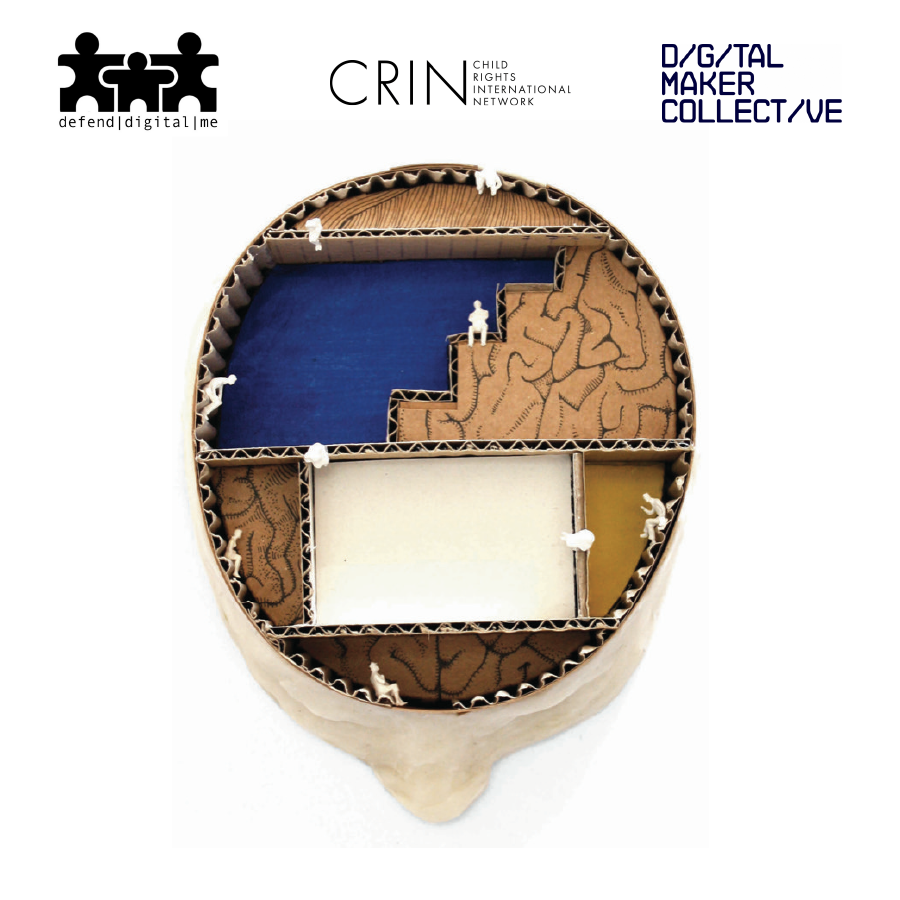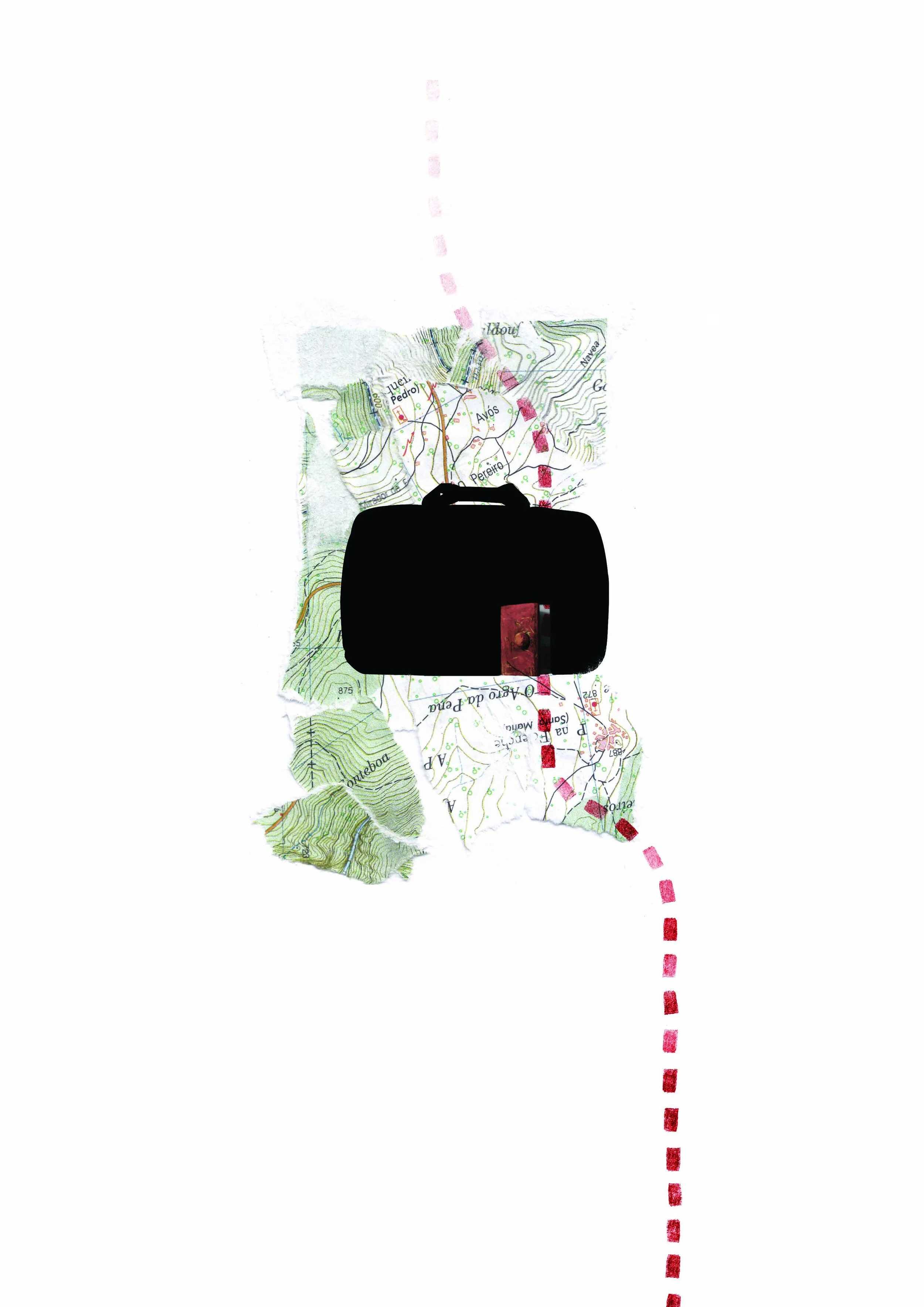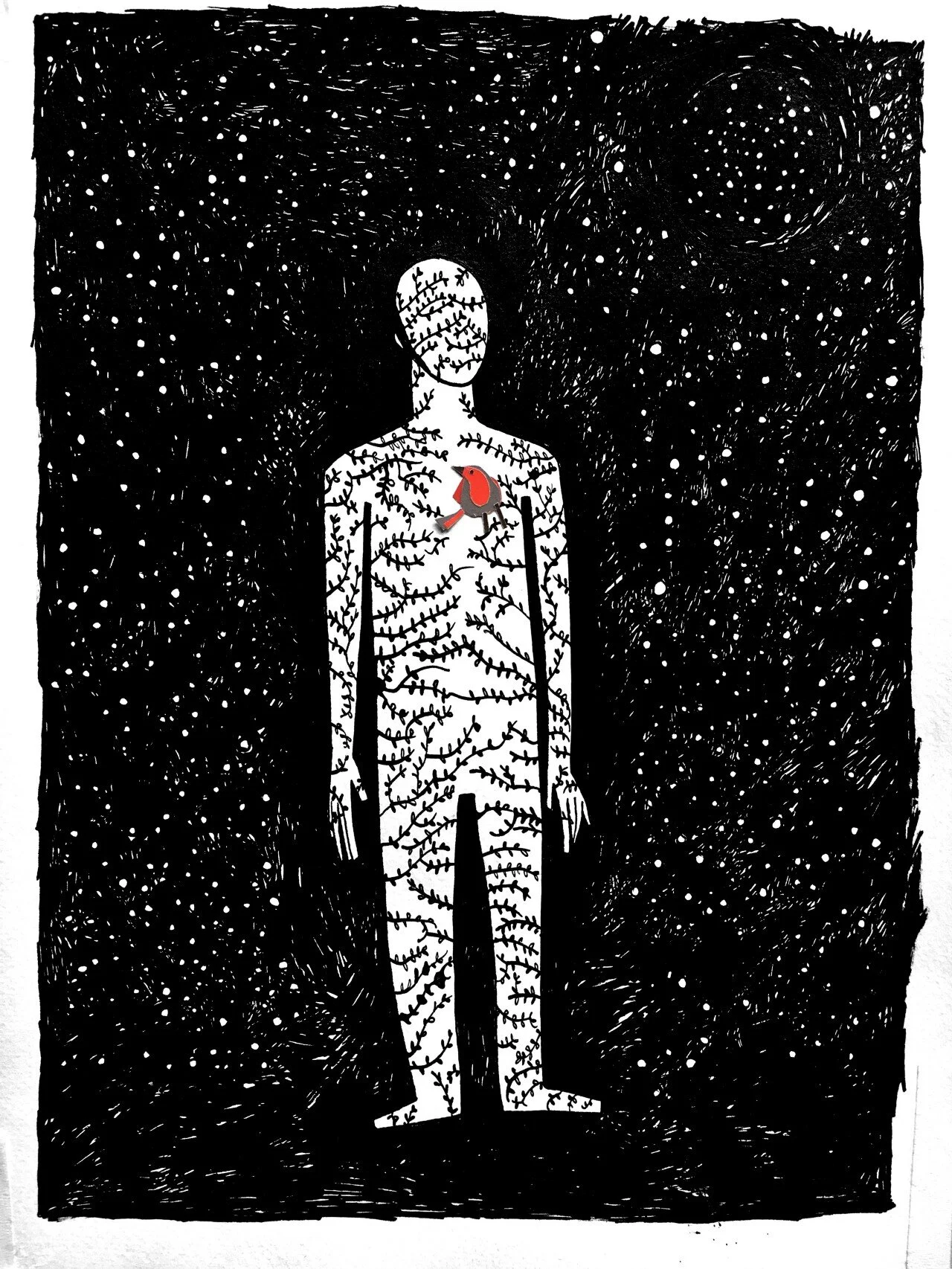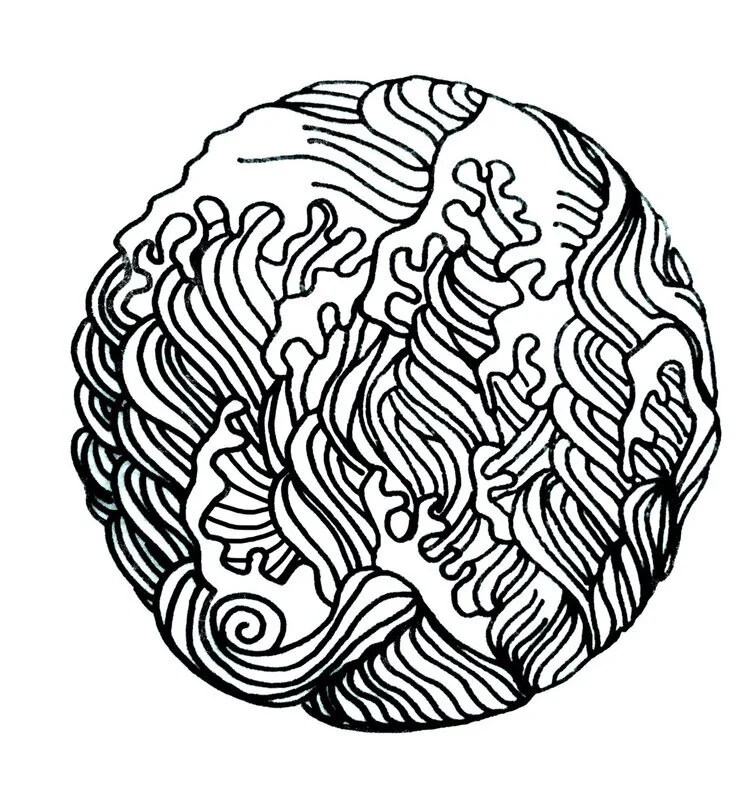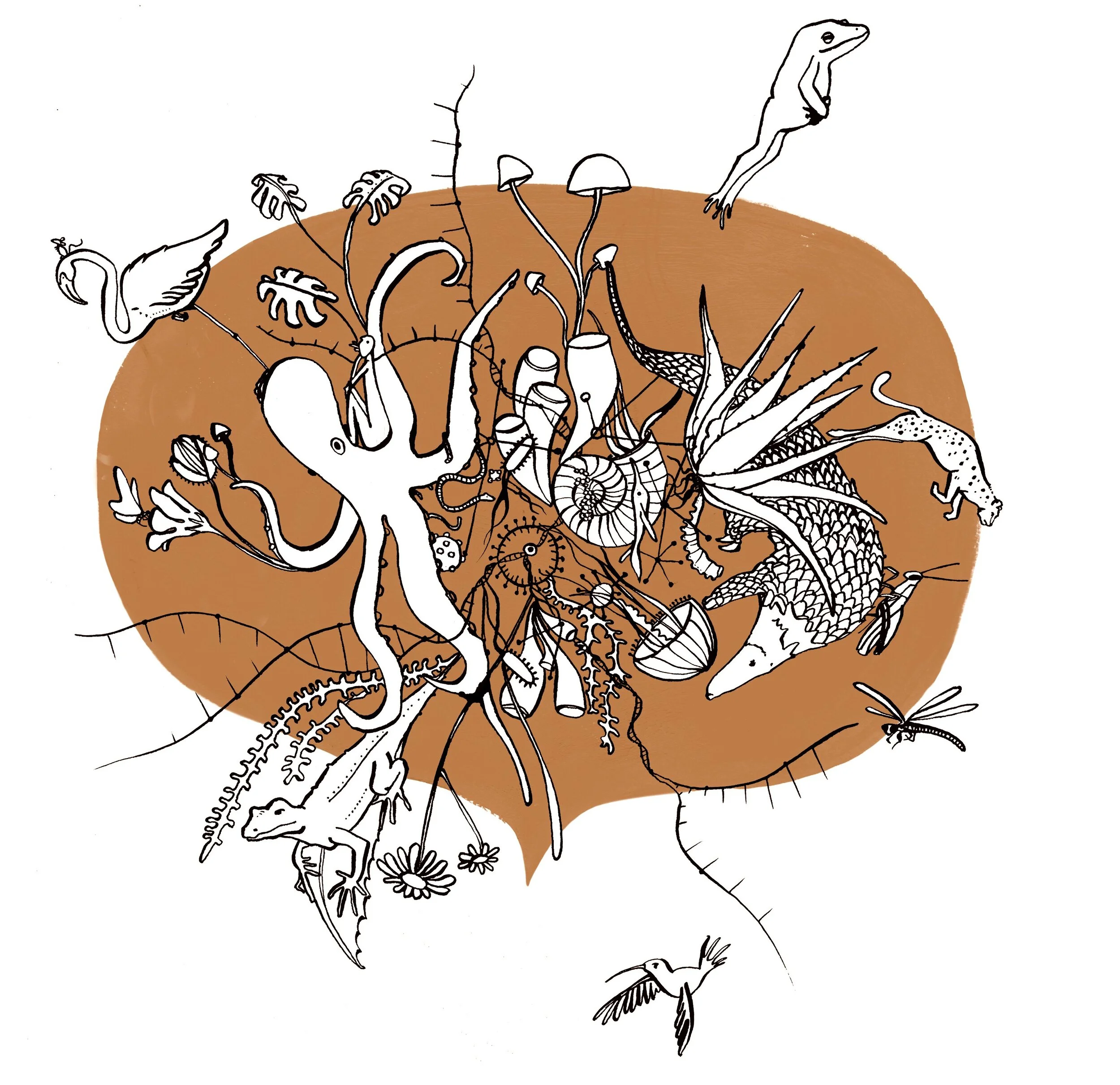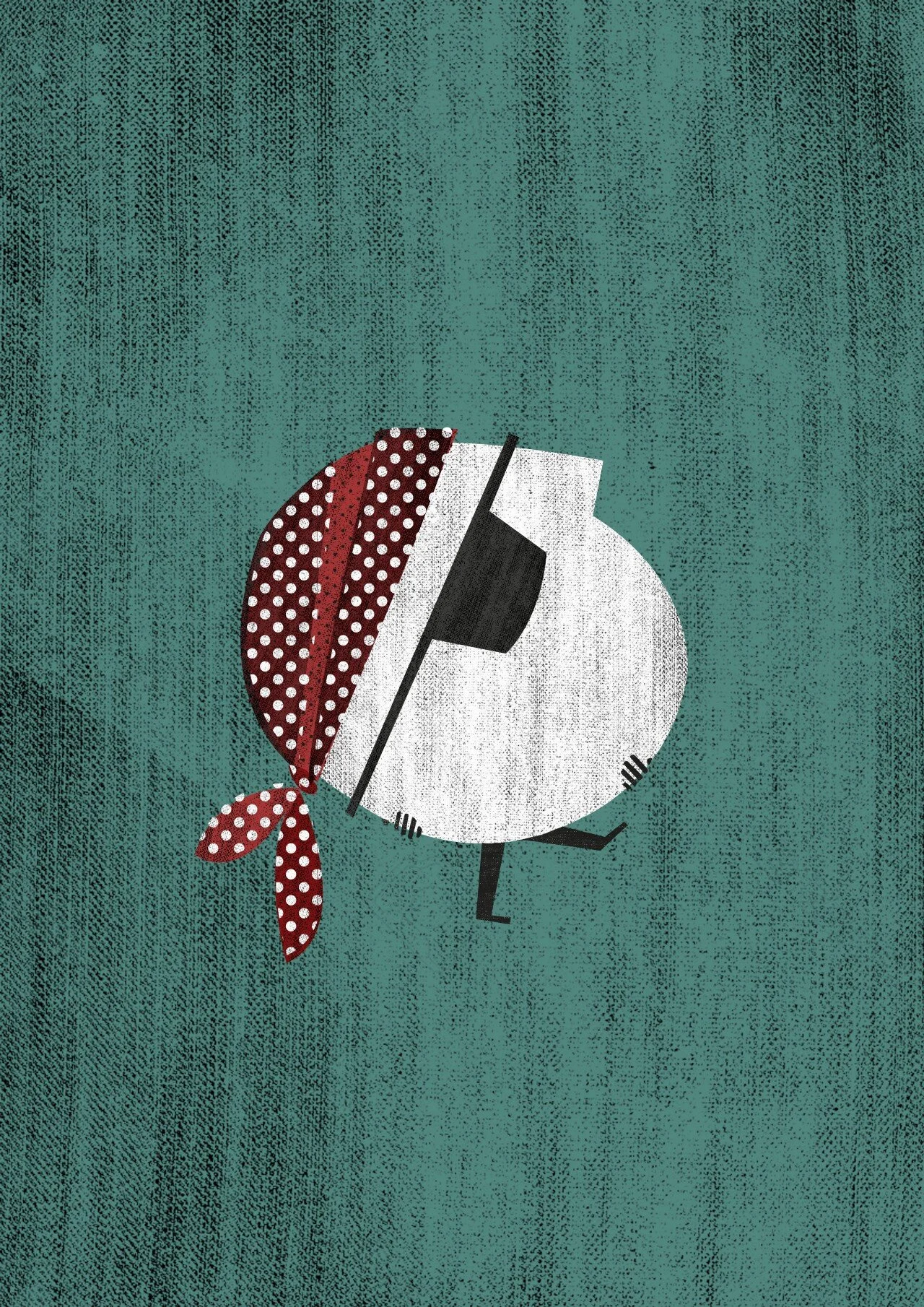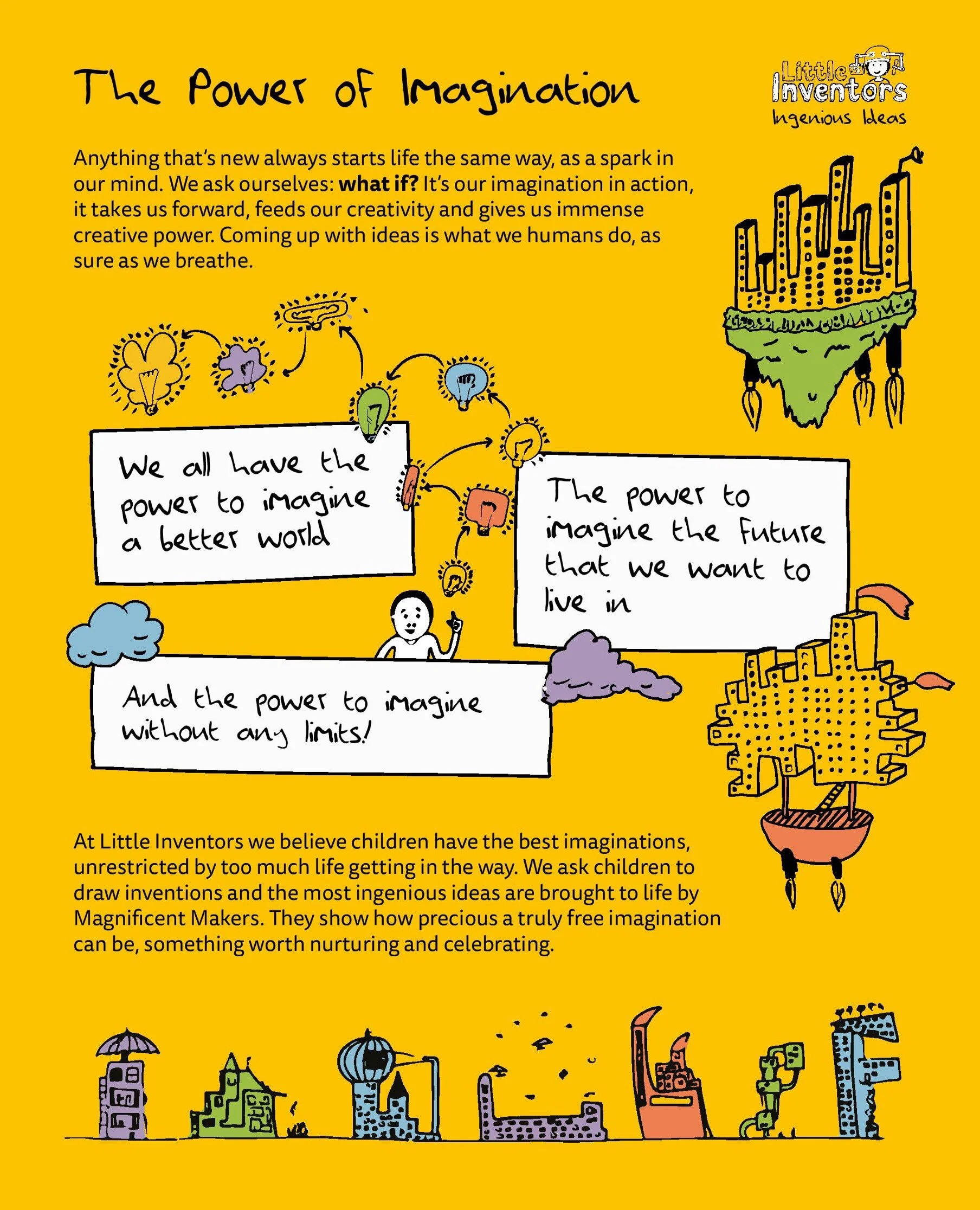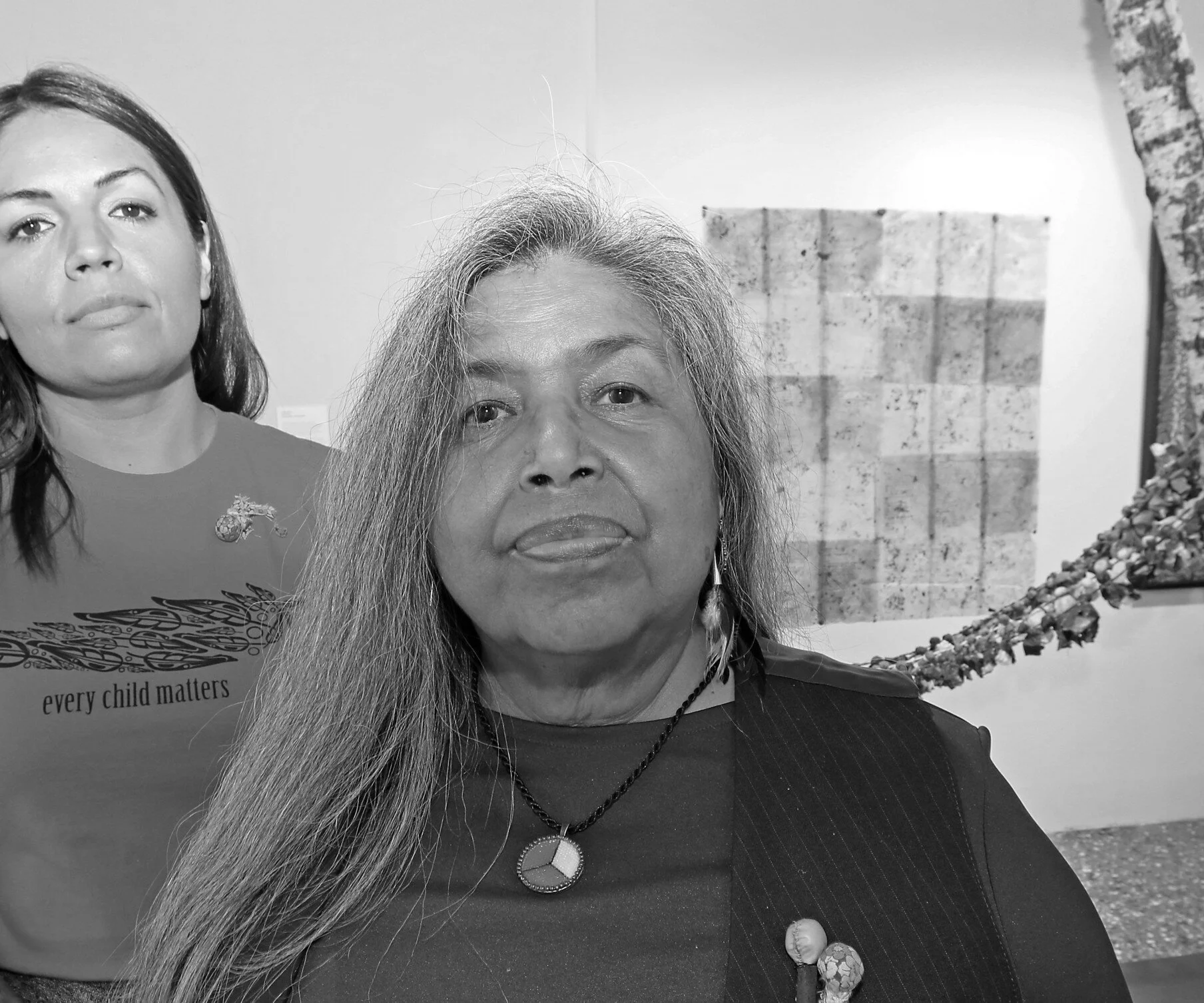From 3 - 8 March 2020, CRIN will be exploring the creative power of the tech and arts industries at the Tate Exchange, running workshops on faming cities, children's rights and the right to privacy in tech, including facial recognition, deepfakes and surveillance.
Read MoreIn a new position paper, CRIN and partners outline the rights-based approach that States must take in their treatment of children who travelled to Iraq or Syria, either alone or with their families, to join the so-called Islamic State. The organisations make a series of recommendations on criminalisation, detention, rehabilitation, nationality, family separation and access to health and education.
Read MoreIn our new publication ‘POWER’, we asked -18s around the world what Power meant to them.
Read MoreLanguage isn’t just about words, even if dictionaries state otherwise. Most of us communicate through words, yes, be they written, spoken or signed, but most communication comprises facial expressions, physical cues and ‘speaking’ with our eyes, aka body language.
Read MoreAn action or event can cause ripples in a society which, in turn, expand further, reaching more and more people. But while ripples eventually fade, what’s left is like a body of water nudging the banks and filtering through the depths to new soils.
Read MoreA poem by Basma Osman.
Read MoreCreatures that had been dead for hundreds of millions of years would suddenly come alive again. Tiny plants and animals that floated in the ocean, more multitudinous than anyone could comprehend, which over time had died, sank to the ocean bed, were buried, crushed, melted, compressed and simplified as the aeons passed.
Read MoreMy name is James Douglas, I’m 16 and from Northern Ireland. I have albinism and the group I am linked with is Angel Eyes NI which helps young people and families affected by visual impairments.
Read MoreIf there’s one phrase we’ve heard in response to Be More Pirate, it’s that it gives people permission. Permission to speak up, to tell the truth or to do something they were previously afraid of doing. It provides a language and an opportunity to reclaim the power they didn’t even know was absent.
Read MoreYou discover an injustice. You think something should be done about it. You want to do something about it. You’re a teenager or an adult, a diplomat or an NGO or someone or something else. You ask: what can I do? Aided and abetted by Nick Martlew, author of ‘Creative Coalitions’, a handbook for people seeking to work with others to change the world.
Read MoreTo produce the edition “Power” of the magazine, we read, listened to, discovered, and were inspired by the following materials.
Read MoreTo produce the edition Power of the magazine, we read, listened to, discovered, and were inspired by the following materials.
Read MoreTo produce the edition Power of the magazine, we read, listened to, discovered, and were inspired by the following materials.
Read MoreAnything that’s new always starts life the same way, as a spark in our mind. We ask ourselves: what if? It’s our imagination in action, it takes us forward, feeds our creativity and gives us immense creative power. Coming up with ideas is what we humans do, as sure as we breathe.
Read MorePeople under the age of 18 are largely seen as not having any power, let alone being mature enough to use it. “We are, after all, just children,” said Greta Thunberg, ironically alluding to this common preconception. But if 2019 has shown us anything, it’s that under-18s — just like anyone else who’s passionate about something, regardless of their age — can go against what’s expected of them, and not do as they’re told.
Read MoreIn the first entry of the CRIN Diaries, a series of articles in which staff members reflect on aspects and experiences of their work in human rights, Sabine Saliba, regional representative in the MENA, tells us about the role of women and young people in shaping the revolution in Lebanon, the country where she was born and raised and currently resides.
Read More“The Indian Act put us in residential schools, it took away our languages, our culture… I like the term ‘reparative act’ because what I do in the process is I repair an incident that happened in history.” In conversation with Linda Young, artist and Traditional Knowledge Keeper for the Saskatchewan Public School Division in Canada.
Read MoreJust like dropping a pebble into water and watching as the ripples expand across it, an event or action, too, can create motion beyond its first impact or influence, as it grows outwards, ringing in all directions, eventually arriving at our inspiration and rousing us to act as well.
Read MoreWith everything happening around the 30th anniversary of the UN Convention on the Rights of the Child (CRC), rather than celebrate we thought we’d look ahead and share the CRIN team's thoughts on what we see as key for the CRC in the coming years, along with our biggest fear and our hope for the future.
Read MoreSome schools and local authorities in multiple countries have imposed sanctions or threatened to do so on students who wish to take part in the Fridays for Future school climate strikes. We call on teachers, schools, local authorities and parents to support the schoolchildren who choose to exercise their right to peaceful protest.
Read More
